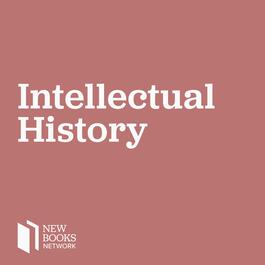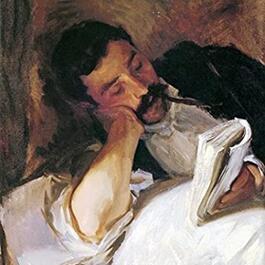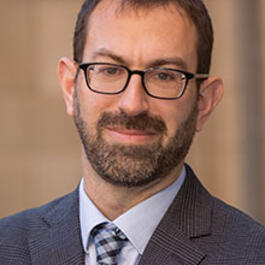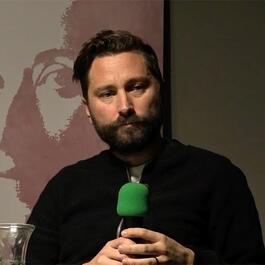
New Books in Intellectual History
This podcast is a channel on the New Books Network. The New Books Network is an academic audio library dedicated to public education. In each episode you will hear scholars discuss their recently published research with another expert in their field. Discover our 150+ channels and browse our 28,000+ episodes on our website: newbooksnetwork.com Subscribe to our free weekly Substack newsletter to get informative, engaging content straight to your inbox: https://newbooksnetwork.substack.com/ Follow us on Instagram and Bluesky to learn about more our latest interviews: @newbooksnetwork Support our show by becoming a premium member! https://newbooksnetwork.supportingcast.fm/intellectual-history
Show episodes

Baijayanti Roy, "The Nazi Study of India and Indian Anti-Colonialism" (Oxford UP, 2024)
The Nazi Study of India and Indian Anti-Colonialism (2024) is the first detailed and critical study of the intellectual and political connections that existed between some German scholars specializing on India, non-academic ‘India experts,’ Indian anti-colonialists and various organs of the Nazi state published by the

Amit Varshizky, "The Metaphysics of Race: Science and Faith in the Nazi Worldview" (Taylor & Francis, 2024)
The Metaphysics of Race seeks to reframe debates on the conflicting scientific and spiritual traditions that underpinned the Nazi worldview, showing how despite the multitude of tensions and rivals among its adherents, it provided a coherent conceptual grid and possessed its own philosophical consistency. Drawing on a
Scott A. Mitchell is the Dean of Students and Faculty Affairs and holds the Yoshitaka Tamai Professorial Chair at the Institute of Buddhist Studies in Berkeley. He teaches and writes about Buddhism in the West, Pure Land Buddhism, and Buddhist modernism. As of 2010, there were approximately 3-4 million Buddhists in the

Martin Jay, "Immanent Critiques: The Frankfurt School under Pressure" (Verso, 2023)
The Frankfurt School’s own legacy is best preserved by exercising an immanent critique of its premises and the conclusions to which they often led. By distinguishing between what is still and what is no longer alive in Critical Theory, Immanent Critiques: The Frankfurt School Under Pressure (Verso, 2023) seeks to demon
Why did triceratops have horns? Why did World War I occur? Why does Romeo love Juliet? And, most importantly, why ask why? In Why?: The Philosophy Behind the Question (Stanford UP, 2023), philosopher Philippe Huneman describes the different meanings of "why," and how those meanings can, and should (or should not), be c

Lisa Silverman, "The Postwar Antisemite: Culture and Complicity After the Holocaust" (Oxford UP, 2025)
In his influential Anti-Semite and Jew, French philosopher Jean-Paul Sartre observed "If the Jew did not exist, the anti-Semite would invent him." In doing so he articulated the figure of an Antisemite responsible for imagining the Jew in a formulation that has lasted for decades. This figure became an indispensable tr





